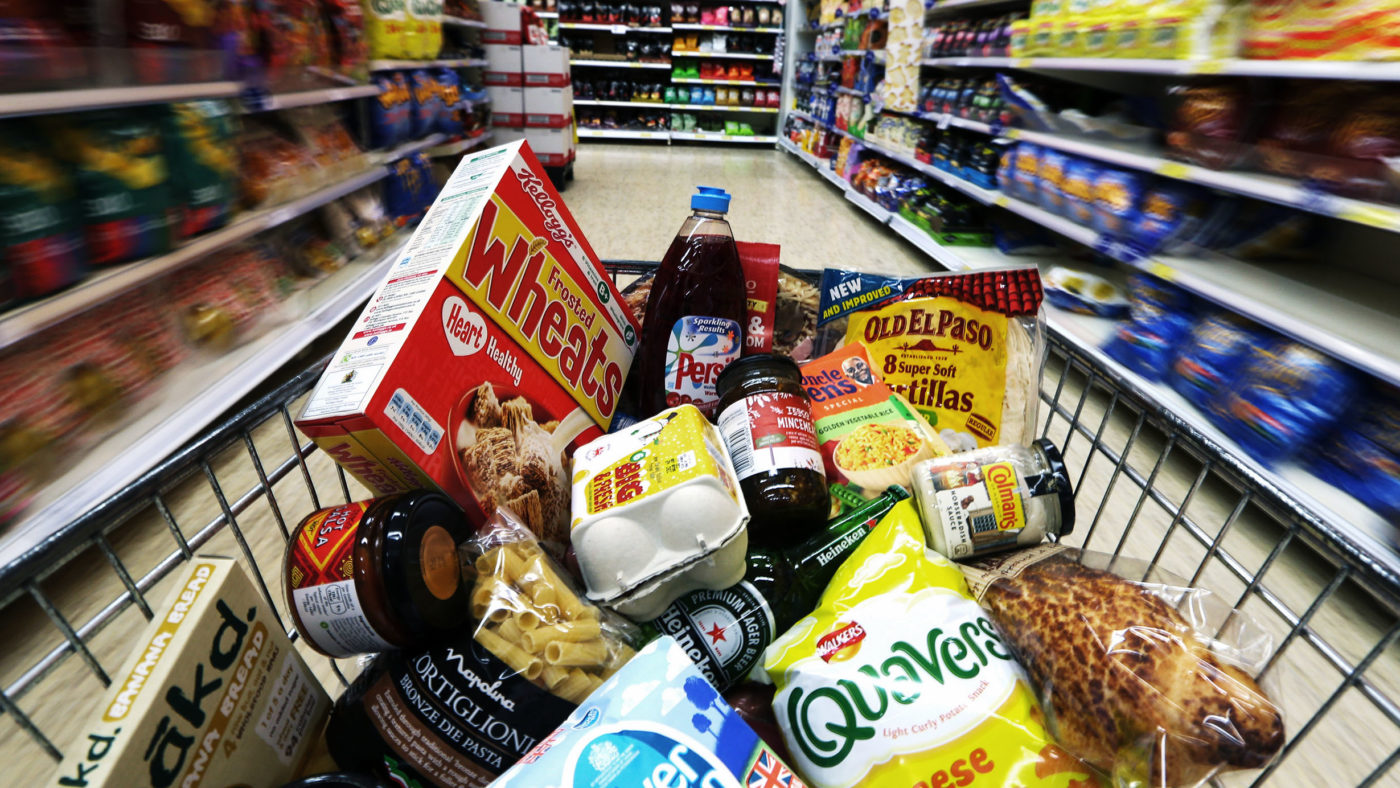Jamie Oliver is not a happy bunny.
Why is the celebrity chef up in arms? Because the Government has postponed its proposed ban on ‘buy one, get one free’ (BOGOF) promotions for products deemed ‘unhealthy’. Ministers have understandably concluded that now is not the time for the Government to be making basic foodstuffs more expensive.
The reaction has been predictably overblown, with the campaign group Action on Sugar accusing Boris Johnson of ‘playing politics with children’s health’, and Oliver claiming the move ‘erodes the whole obesity strategy’ – by postponing a policy he only came up with two years ago.
Johnson can hardly be surprised by the response. He made a rod for his own back when he declared it his mission to tackle the scourge of obesity and explicitly linked that crusade to his own brush with death during the pandemic. (The irony was that Johnson himself offered a fine example of how to shed the pounds, dropping several kilos by laying off the ‘late night binges of chorizo and cheese’).
As for the merits of banning BOGOFs, I could make a long-winded argument about how nudging isn’t always the answer, or how these kind of policies disproportionately hurt people on low incomes (the very reason it’s been paused), or how simplistic it is to divide foods into ‘healthy’ and ‘unhealthy’ in this way.
But there’s a much more basic case that deserves to be aired: that it’s not for the state to endlessly micro-manage our lives to stop people doing things that are sub-optimal for their own health.
It’s not like we lack nannying as it is. We already have traffic light labelling in supermarkets, the sugar tax and, more recently, the ghastly introduction of calorie counts on menus – a policy more likely to harm those with eating disorders and ruin people’s meals out than make a dent in the obesity rate.
And there’s a phalanx of health apparatchiks always eager to clamp down harder on what we’re allowed to buy with our own money.
Just this week, the clinical lead at the Health and Safety Executive, Donal O’Shea, dramatically declared that supermarket meal deals ‘literally…should be illegal’. Then there’s last year’s National Food Strategy, with its Olympian ambitions to solve ‘diet inequality’, change our national food culture, protect Our NHS from the dangers of cheap Frosties and make sure we don’t have any dangerous tariff-free food from overseas.
This isn’t just about health either. Just look at the Online Safety Bill, whose 230-plus pages seek to regulate every cough and click of our online lives, with the same combination of personal finger-wagging and high costs to business that the public health lobby is so keen on.
As Henry Hill has argued on these pages, this intrusive approach to legislation goes beyond the ‘social safety net’ that has long characterised the British welfare state, into something more akin to a ‘social straitjacket’, which seeks to endlessly regulate individual behaviour.
To return to the cost of living crisis, perhaps the Government should extend the logic of this U-turn to other areas where its interventions make life unnecessarily expensive for consumers. (Relatedly, look out for a new briefing this week from our parent organisation, the Centre for Policy Studies, on how to help households deal with rising prices.)
In the meantime, if ministers have any more pettifogging ideas for controlling what we can eat, I suggest they BOGOF.
Click here to subscribe to our daily briefing – the best pieces from CapX and across the web.
CapX depends on the generosity of its readers. If you value what we do, please consider making a donation.


